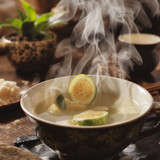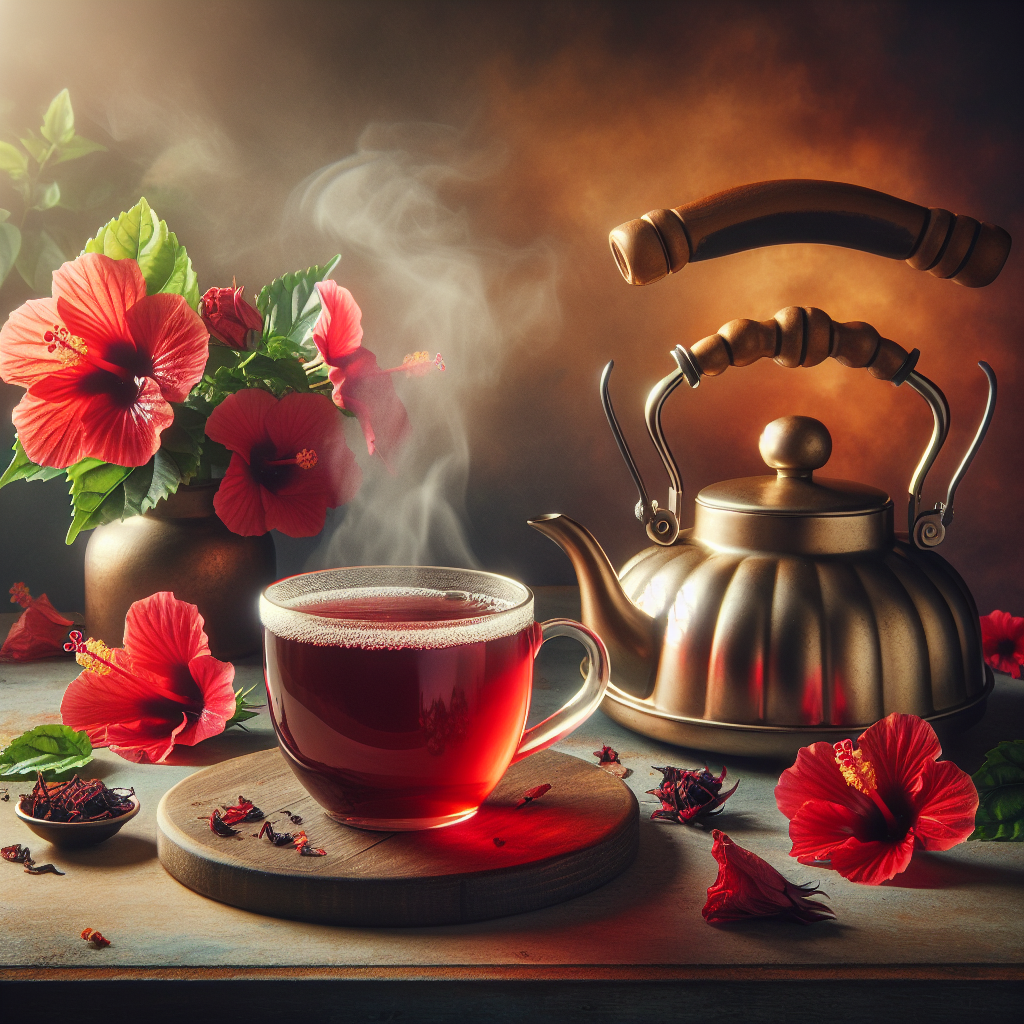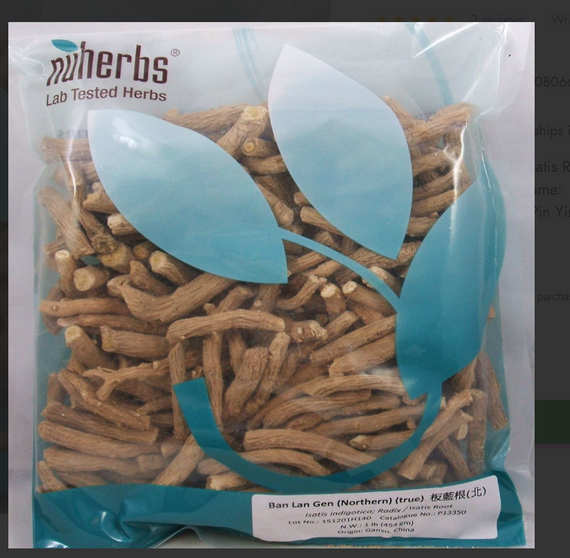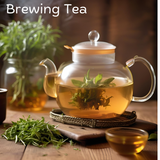There are no products listed under this category.


Starwest Botanicals
Organic White Tea Bags
White Tea Bags vs. Green Tea: Why They’re Different White tea and green tea come from the same plant—Camellia sinensis—but they’re made differently. That difference in processing is why white tea...



 RECIPE: Cool & Zesty Hibiscus Tea
RECIPE: Cool & Zesty Hibiscus Tea








